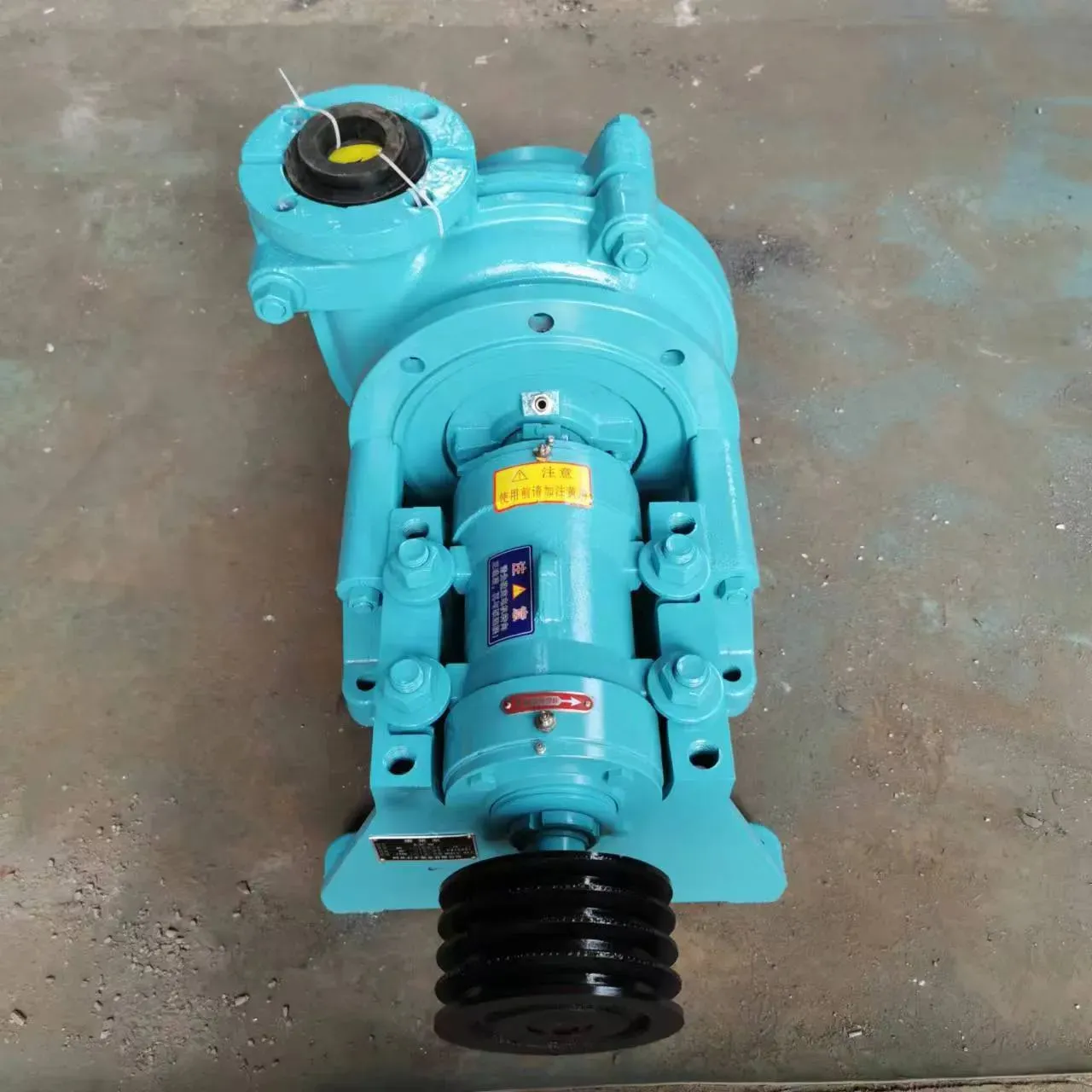Macedonian
- Afrikaans
- Albanian
- Amharic
- Arabic
- Armenian
- Azerbaijani
- Basque
- Belarusian
- Bengali
- Bosnian
- Bulgarian
- Catalan
- Cebuano
- Corsican
- Croatian
- Czech
- Danish
- Dutch
- English
- Esperanto
- Estonian
- Finnish
- French
- Frisian
- Galician
- Georgian
- German
- Greek
- Gujarati
- Haitian Creole
- hausa
- hawaiian
- Hebrew
- Hindi
- Miao
- Hungarian
- Icelandic
- igbo
- Indonesian
- irish
- Italian
- Japanese
- Javanese
- Kannada
- kazakh
- Khmer
- Rwandese
- Korean
- Kurdish
- Kyrgyz
- Lao
- Latin
- Latvian
- Lithuanian
- Luxembourgish
- Macedonian
- Malgashi
- Malay
- Malayalam
- Maltese
- Maori
- Marathi
- Mongolian
- Myanmar
- Nepali
- Norwegian
- Norwegian
- Occitan
- Pashto
- Persian
- Polish
- Portuguese
- Punjabi
- Romanian
- Russian
- Samoan
- Scottish Gaelic
- Serbian
- Sesotho
- Shona
- Sindhi
- Sinhala
- Slovak
- Slovenian
- Somali
- Spanish
- Sundanese
- Swahili
- Swedish
- Tagalog
- Tajik
- Tamil
- Tatar
- Telugu
- Thai
- Turkish
- Turkmen
- Ukrainian
- Urdu
- Uighur
- Uzbek
- Vietnamese
- Welsh
- Bantu
- Yiddish
- Yoruba
- Zulu
Telephone: +86 13120555503
Email: frank@cypump.com
Дек . 01, 2024 11:42 Back to list
chemical resistant water pump
Understanding Chemical Resistant Water Pumps Essential for Safe and Efficient Operations
In various industrial sectors, the use of water pumps is critical for a multitude of applications, from transportation of water to fluid management in processes involving chemicals. Among these, chemical resistant water pumps play a vital role by ensuring the safe and efficient handling of aggressive and corrosive substances. This article delves into the features, benefits, and considerations for using chemical resistant water pumps in industrial environments.
What is a Chemical Resistant Water Pump?
A chemical resistant water pump is specially designed to pump liquids that can be corrosive or otherwise harmful to regular pumps made of standard materials. These pumps are constructed from various materials like stainless steel, plastic, or special alloys, which can withstand the damaging effects of chemicals such as acids, alkalis, solvents, and other aggressive fluids.
Key Features of Chemical Resistant Pumps
1. Material Composition The primary feature of a chemical resistant water pump lies in its construction materials. Options include PVC, polypropylene, and various stainless steels such as 316, which provide outstanding resistance to corrosion.
2. Sealing Systems To prevent leaks that can lead to environmental hazards or safety issues, these pumps often utilize advanced sealing technologies. Mechanical seals, for example, offer improved durability and reliability over traditional packing seals.
3. Design Variability Chemical resistant water pumps come in various designs such as centrifugal, diaphragm, or peristaltic pumps, allowing for ample flexibility in application based on the specific needs of the operation.
4. Temperature and Pressure Ratings Many chemical processes may operate under extreme temperature and pressure conditions. High-quality chemical resistant pumps are engineered to deliver reliable performance under these challenging circumstances.
Benefits of Chemical Resistant Water Pumps
1. Enhanced Safety One of the most significant advantages is the safety they provide. By preventing leaks and corrosion, these pumps help protect both personnel and the environment from hazardous spills.
chemical resistant water pump

2. Longevity and Durability The robust materials used in chemical resistant pumps not only withstand corrosive substances but also help prolong the pump's lifespan, resulting in lower maintenance and replacement costs over time.
3. Versatility The ability to handle a wide range of corrosive chemicals makes these pumps invaluable in industries such as chemical manufacturing, pharmaceuticals, food processing, and wastewater treatment.
4. Improved Efficiency With their specialized designs, these pumps can maintain optimal flow rates and operating conditions, ensuring efficiency in fluid transfer processes. This can lead to cost savings and increased operational productivity.
Selecting the Right Chemical Resistant Water Pump
When selecting a chemical resistant water pump, several critical factors must be considered
- Chemical Compatibility It is essential to identify the chemicals that will be transferred and ensure that the material of the pump is compatible with those substances.
- Flow Rate Requirements Determine the required flow rate for your specific application. This will dictate which type of pump and size will suit your needs best.
- Maintenance Needs Consider the maintenance requirements of the pump. Some designs may require more frequent servicing or specialized training to handle, which could impact operational efficiency.
- Cost vs. Value While chemical resistant pumps may be more expensive upfront than standard pumps, their longevity and reduced risk of failure can offer substantial long-term savings.
Conclusion
Chemical resistant water pumps are an essential component in operations that involve transporting corrosive materials. Their ability to enhance safety, improve efficiency, and provide long-term durability makes them indispensable in various industrial applications. By understanding the unique features, benefits, and selection criteria for these pumps, organizations can ensure that they are making informed decisions, ultimately leading to safer and more efficient operational environments. In a world where chemical handling is prevalent, investing in reliable and effective water pumping solutions is not just a choice; it is a necessity.
-
Reliable Non-Clog Sewage Pumps with GPT-4-Turbo Tech
NewsAug.04,2025
-
High-Performance Air Pumps for Sand & Gravel | Efficient Transport
NewsAug.03,2025
-
ISG Series Vertical Pipeline Pump - Chi Yuan Pumps Co., LTD.|Energy Efficiency, Corrosion Resistance
NewsAug.03,2025
-
ISG Series Pipeline Pump - Chi Yuan Pumps | Energy Efficiency&Compact Design
NewsAug.03,2025
-
ISG Series Vertical Pipeline Pump - Chi Yuan Pumps Co., LTD.|High Efficiency, Low Noise, Durable
NewsAug.02,2025
-
ISG Series Vertical Pipeline Pump - Chi Yuan Pumps | High Efficiency, Low Noise
NewsAug.02,2025










